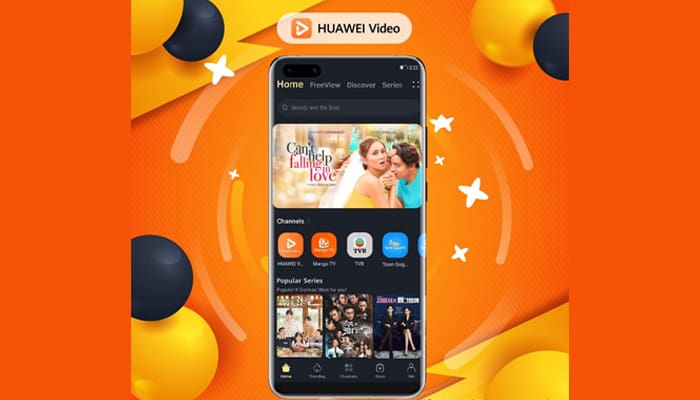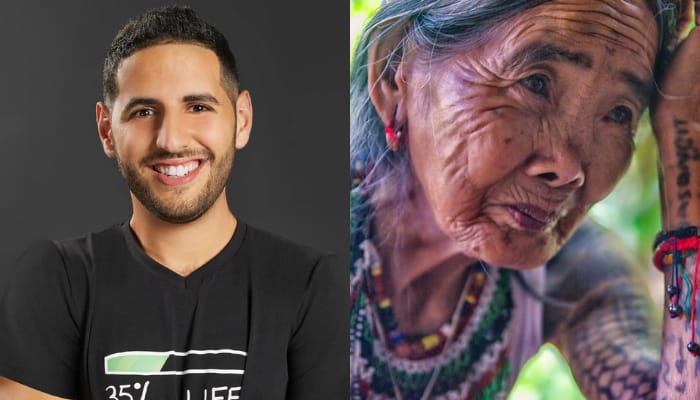The coaching industry, while a booming industry, is still a sector that offers massive room for exploration. Coaching, or which may sometimes look to as therapy – the much stronger household name for many – started out as a service perceived to be a ‘luxury’, where people saw it as a non-essential and a service only requiring additional expense. After all, the success of coaching is dependent on the client’s life ‘struggles’ and it’s easy for prospective clients to dismiss a service which presents itself as a solution to something the client has ‘complete control’ over.
The global authority on the coaching industry, International Coaching Federation (ICF), defines coaching as “partnering with clients in a thought-provoking and creative process that inspires them to maximize their personal and professional potential.” ICF said that individuals who engage in a coaching relationship can expect to experience fresh perspectives on personal challenges and opportunities, enhanced thinking and decision-making skills, enhanced interpersonal effectiveness, and increased confidence in carrying out their chosen work and life roles.
With the internet culture paving the way for more inclusive conversations in today’s time, people have grown to be more comfortable with ‘sharing’ their life problems and experiences, growing, at the same time, their openness to personal services such as coaching and therapy.
One coaching firm in the Philippines, Metamorphosis Group, whose services cater to career coaching, does not just aim to leverage the opportunity of a much more accepting consumer, but also the booming industry that still has yet to penetrate the Philippines.
Of what would later become the company Metamorphosis Group, Danica Octa, the firm’s founder, CEO, and president started her services as a freelance career coach herself in 2019. Eventually forming her core team, the firm today offers services on career education, personal branding, and talent attraction, aside from its flagship career coaching.
Officially registered as a business at the beginning of covid, Metamorphosis Group couldn’t come at a rightful time with companies cutting costs and implementing employee retrenchments, increasing the number of people thrust into a career limbo.
Metamorphosis Group is truly a consulting agency in the new generation being a digital, remote, and tech-enabled career development and empowerment firm.
“Our role is to be some kind of learning partner [and to be] an accountability buddy. We help our clients learn new things, not just the technical skills, but also the life skills, and we help them become more accountable to whatever they learn, and to whatever goals they want to achieve,” said Danica in the MARKETECH Spotlight interview.
Disrupting the career development industry as an end-to-end employability solution
Having operated officially as a full-service firm in late 2020, Danica bared in the interview that the biggest challenge for the firm is assuring the guarantee of the service – that clients, after a period of consulting and coaching, have an expectation that they would land a job right after.
Danica said that Metamorphosis Group started out just like any other career coaching firm, which simply “just coached people,” but then every after conclusion of a consulting engagement begs the question, “What’s next?”
“It’s not really our responsibility if they didn’t use the tools and knowledge that we’ve shared with [clients], but we still feel that there is some level of obligation that we have for them to actually land a job.”
Danica further shared an observation that most of the time, recruiters’ concern is still on their employers, and that employers have the mindset that job seekers must be prepared already, and that it is only in the last priorities of a recruiter to offer advice just so for them to have the job.
“I find [this situation] very, very limiting. So I said, why don’t I mix both services into one company. We do the career coaching, but we don’t let them go that easily. We’ll also offer them the opportunity to be connected with employers, that’s why we call ourselves an end-end solution for employability,” said Danica.
Part of the services that Metamorphosis Group offers now is ‘Talent Attraction’. The firm creates a talent pool of young professionals who are excellent and eligible for opportunities with multiple employers in their industry.
From starting out as a sole freelance career coach to now Metamorphosis Group
Metamorphosis Group’s humble beginnings can be said that of any other firm achieving success from the ground up – the idea springing from a very personal experience of the CEO.
Metamorphosis Group is already two years running in the business and its growth story is not one particularly filled with glamor – quite simple with a genuine service at its core, and a close-knit personal network standing as its pioneering team.
Danica revealed that there was a period in her life where she had difficulty understanding the job market, specifically how employers felt about candidates and even employees, and figured that maybe she could offer a service that could help people out in these kinds of struggles.
With a full-time job as a recruiter back in 2019, Danica started what would be Metamorphosis Group with herself, becoming a freelance career coach on the side. Things changed when the economic consequences of the pandemic unfolded before everyone’s eyes, not sparing Danica of a job loss. From this, she made the decision to finally start her own company, hence, the birth of the Metamorphosis Group.
In building her team, Danica did not look too distant and roped in people with specific specializations, and with whom she’s established a relationship with.
Danica says that she figured, “If you have a very big dream, you need a big team.”
And so starting with a partnership with her very own sister, Jillian Octa, who took care of the firm’s design and creatives, she started recruiting more professionals from different backgrounds.
She took in experienced management consultant Ren Madrid who is part of the company’s executive board and who heads Metamorphosis Group’s enterprise solutions. As Danica continuously grew the company and its programs, she found that career coaching is a difficult job in the sense that as a very personal interaction, it’s inevitable for such engagement to take a counseling point of view. She then recruited none other than her university guidance counselor Teya Paulino to help with this matter. Last but not the least, she hired the fifth member of the firm’s core team, Ricson Singson Que, which offers specialty in digital transformation and cybersecurity.
From its official launch in September 2020, Metamorphosis Group has since grown to acquire over 1000 career coaching clients, and not just from the Philippines, but from all over the world, such as in Japan, India, Germany, and the US, among others. The firm has also currently gained over 10,000 followers in its social media, where Metamorphosis Group has been able to share an overflowing stream of content in career development and job-seeking – over 25 webinars, 30 articles, as well as over 10 networking opportunities featuring over 20 subject matter experts and coaches.
And for its biggest achievement yet, it ran an expansive Virtual Career Fair and Digital Transformation Summit last March 2021 which was attended by about 600 participants, featuring 17 industry speakers, over 17 companies and employers, and connecting attendees with over a hundred job openings and 20 career coaching opportunities.
The role of Metamorphosis Group in the Filipino workforce
Ultimately, what is the role of Metamorphosis Group in the entirety of the Filipino workforce? Just like other nations, the Philippines suffered the blow of the pandemic demanding a slow to none operations, rendering the employment force decapitated. According to the Philippine Statistics Authority, as of May 2021, unemployment rate stands at 7.7% which translates to 3.73 million jobless Filipinos.
Coinciding with the economic downturn, the pandemic has pushed for both employers and job seekers to turn to digital in order to continue recruitment operations, which on the flip side, happens at a timely opportunity where a multitude of digital platforms catered to job seeking has emerged for the job searcher.
In the MARKETECH Spotlight interview, Danica said that above all, Metamorphosis Group presents itself as a long-time guidance for the professional, a partner that isn’t bound by time. As the career industry continues to evolve, so does Metamorphosis Group, and this is the ultimate contribution of Metamorphosis Group to the Filipino workforce.
“Our role [in the workforce] is to be some kind of a learning partner [and] an accountability buddy,” said Danica.
Despite this immersive collaboration with clients, Danica says that ultimately, they want clients to feel that they have the control back over their career direction.
“We want our clients to decide for themselves, what their lives should be, [and] we don’t wanna decide for them; we just give them all of these options [and] we guide them on the best option for them. And it’s all up to them.”
Most of all, its biggest contribution would be that Metamorphosis Group has the intuition to guide clients to the future as the firm understands the future of work.
“We are very forward-thinking, we understand the future of work, we as a company is very, very in touch with what’s going to happen 10 years later,” shared Danica.
“We have the intuition, we can give our market the information they need to succeed moving forward, of course, so that they can upskill and reskill to the appropriate job that they need to have, moving forward. So I think that’s the role that we take here,” she adds.
With an ambitious forecast to the future, it seems Metamorphosis Group is not only aiming to transform the workforce one successful Filipino at a time but to raise the standard of coaching in the country and eventually put the Philippines on the map.
On future plans, Danica shares, “We are looking at expanding to different markets abroad so that our clients here in the Philippines can have the option to seek opportunities on an international scale. Internally, we’re also looking to grow our team to strengthen our marketing so that we can help even more people”
Those that are looking to collaborate or partner with Metamorphosis Group may reach out to them at [email protected]. For those who want to explore the possibility of investing on the firm, please reach them out at [email protected].














